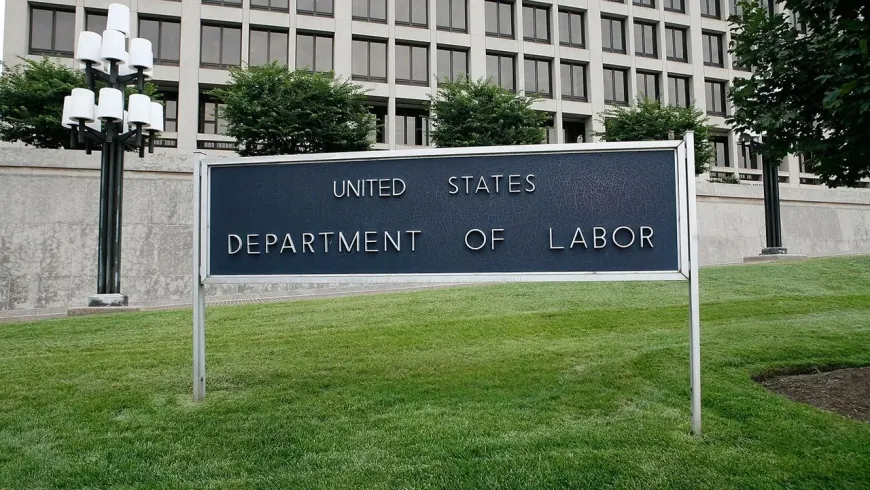Ex-Morgan Stanley Advisers File Lawsuit Against Labor Department Over Compensation Decision
Three former Morgan Stanley advisers have sued the U.S. Labor Department, alleging an unlawful ruling on unpaid deferred compensation.

Three former Morgan Stanley financial advisers have taken legal action against the U.S. Department of Labor, alleging the agency issued an improper ruling that benefits the Wall Street firm in a long-running dispute over unpaid deferred pay.
The lawsuit, filed Tuesday in the U.S. District Court for the Southern District of New York, accuses the Labor Department of overstepping its authority when it determined that Morgan Stanley’s deferred incentive compensation plan does not qualify as an employee pension plan under the Employee Retirement Income Security Act of 1974 (ERISA).
The plaintiffs — Steve Sheresky, Jeffrey Samsen, and Nicholas Sutro, all from Westchester County, New York — argue that the department’s opinion contradicts earlier federal court decisions that found similar compensation programs to be covered by ERISA.
Former Advisers Say Ruling Blocks Arbitration Claims
At the center of the case is how Morgan Stanley’s deferred pay program is classified under federal law. The advisers claim the Labor Department’s September 9 opinion effectively shields the bank from arbitration cases filed by former employees seeking to recover withheld compensation.
According to the lawsuit, the department’s stance allows Morgan Stanley to dismiss advisers’ arbitration claims as baseless and to seek reimbursement for legal costs, undermining the ability of ex-employees to challenge the company’s pay practices.
“The Department of Labor’s action is arbitrary, unlawful, and inconsistent with prior rulings,” the complaint states. “If allowed to stand, it will prevent hundreds of financial advisers from obtaining fair hearings on unpaid compensation.”
Lawyer Says Agency Overstepped Its Authority
Attorney Doug Needham of Motley Rice, representing the plaintiffs, said the lawsuit aims to reverse what he called a clear case of government overreach.
“This case is about accountability,” Needham said in a statement. “The Department of Labor went beyond its authority and issued a decision that benefits a powerful corporation at the expense of individual workers. The court needs to correct that.”
Morgan Stanley is not a defendant in this lawsuit. However, the plaintiffs allege that the bank has already used the Labor Department’s opinion in ongoing arbitration cases to weaken claims and avoid potential payouts.
Ongoing Legal Disputes With Former Advisers
Sheresky and Samsen are among a dozen former Morgan Stanley advisers who have previously sued the firm, claiming it failed to pay all deferred compensation owed to them after their departure. The new lawsuit targets the federal government’s involvement rather than the company directly, seeking to invalidate the agency’s advisory opinion under the Administrative Procedure Act, which allows courts to review actions by government agencies.
Legal analysts say the case could have broader implications for how the Labor Department interprets deferred pay programs across Wall Street. Many major financial firms use similar structures to retain employees and manage payouts tied to long-term performance.
If the plaintiffs succeed, the ruling could reopen arbitration claims that were previously halted or weakened by the Labor Department’s opinion.
Court to Review Legality of Labor Department’s Opinion
The lawsuit will now proceed in the U.S. District Court for the Southern District of New York, where judges will weigh whether the Labor Department acted outside its authority when issuing the advisory opinion favoring Morgan Stanley.
If the court sides with the former advisers, the agency could be forced to retract or revise its decision — potentially reopening arbitration cases that have been stalled or dismissed because of the ruling.
The case, Sheresky et al. v. U.S. Department of Labor et al. (Case No. 25-08935), is expected to test how far federal agencies can go when intervening in disputes involving private employers and deferred compensation.
Also Read: CFPB Formally Ends Biden-Era Registry for Non-Bank Financial Offenders
































































